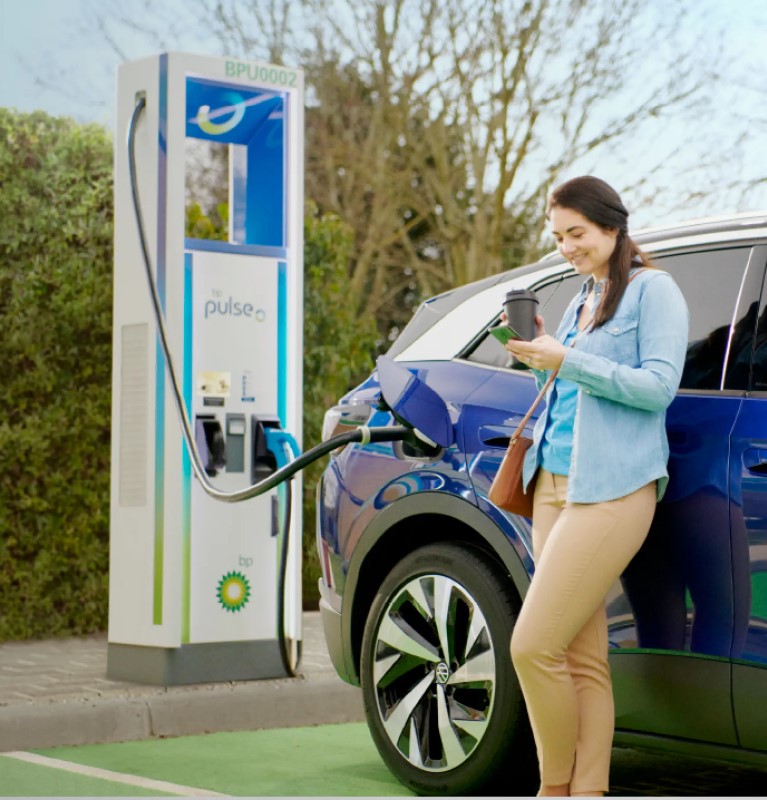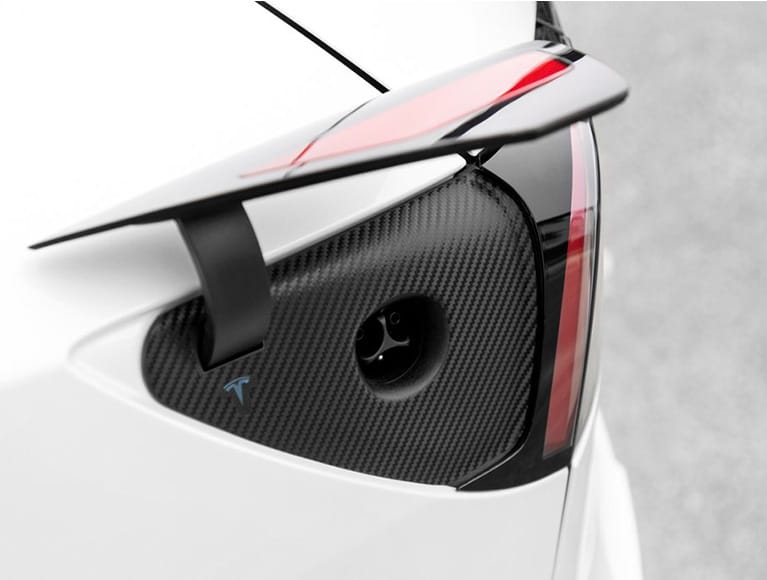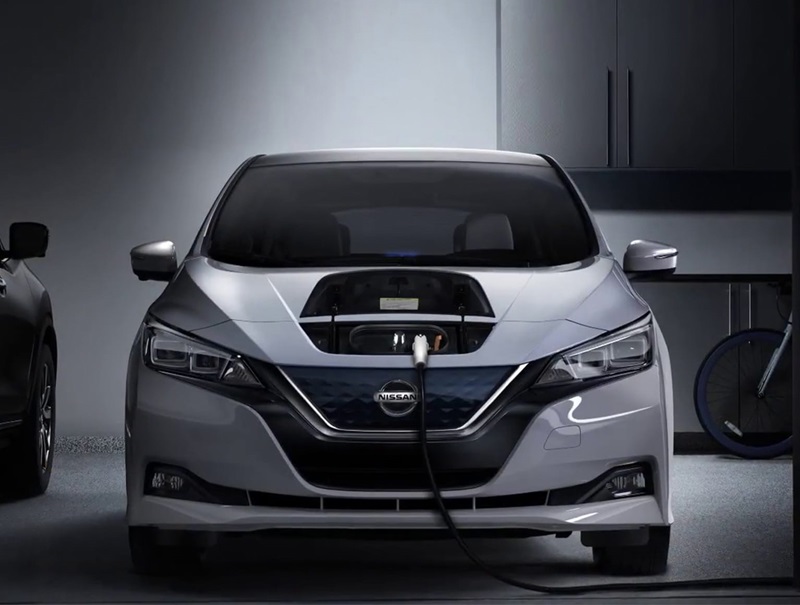Electric car charging FAQS
Where are electric charging points near me?
Many electric cars now have charging locations in-built into their smart navigation systems (like the Mercedes EQC and Tesla Model 3). Otherwise, check out charging maps like Zap Map. It's a one stop shop with every single charge point on a handy map that also shows you prices and which points are occupied.
Can I charge my electric car in the rain?
Yes. EVs are built very carefully to ensure there is no chance of water leakage causing any electric shocks for the lovely car-owner. Rest assured, these things are super waterproof and safe to charge up no matter what the weather is doing.
Is it difficult to pay for public charging?
Paying for public charging is super easy. But, there are looooots of different public charging providers and networks. So payment methods differ depending on which you use. Some EVs also come with memberships of different charge networks, which is another way you might be able to pay. Give us a call on 020 8012 8190 and we can find your nearest charging points and help you set up an account if necessary.
Can I charge my electric car in hot weather?
Charging an electric car in hot weather doesn't affect how quickly your car will charge, but it can affect how long your range lasts. Hotter weather can lengthen your range just as colder weather in the winter can shorten your range – it's all to do with the energy required to heat up the battery (trust us, it's really not that noticeable).
How long does it take to charge up an electric car?
How long it takes to charge your electric car depends on three things:
1) The size of your car battery (in kWh)
2) What percentage of charge you started with
3) The power rating of the charger you're using (and if your car is rapid charge compatible).
How do Tesla Superchargers work and can I use one?
Tesla superchargers supply Direct Current (DC) directly to your car battery, which is why they work so quickly. Usually, EV chargers supply Alternating Current (AC) which has to be converted to DC inside the car. This process of converting AC to DC is what slows down the charging process. Unfortunately, Tesla Superchargers can only be used by Teslas at the moment. But different EVs have access to different networks of charge points, so you should check those out when looking at the model you’re interested in.
What happens if I run out of charge in my electric car?
Running out of charge is one of the biggest fears people have when thinking about getting an electric car. But put it this way: how often do you run out of petrol completely? I’d hazard a guess that it’s almost never. Charging up your car is exactly like topping up your fuel, so as long as you keep on top of it you’ll never completely run out of charge.
If you do run out of charge, then your car will have to be towed by your breakdown provider. And you should let them know it’s an EV as it may require flatbed towing to avoid damage to the motors within the car.
If we haven't answered something here, then drop us a note or give us a call on 020 8012 8190.



